We’ve posted a lot of news about the efforts to use algae for producing renewable fuels, fertilizers and even cosmetics. But the science that is making these possibilities a reality may also have a big impact on medicine.
We have already seen how algae can be coaxed into producing anti-cancer drugs. Today, research from UC San Diego published in Applied and Environmental Microbiology describes how algae might also be used to fight malaria and other diseases.
The paper describes how mice fed algae engineered to produce a special protein developed antibodies to a malarial parasite protein and to a toxin produced by the cholera bacteria.
“Many bacterial and viral infections are caused by eating tainted food or water,” says Stephen Mayfield, a professor of biology at UC San Diego who headed the study. “So what this study shows is that you can get a really good immune response from a recombinant protein in algae that you feed to a mammal. In this case, it happens to be a mouse, but presumably it would also work in a human. That’s really encouraging for the potential for algae-based vaccines in the future.”
Will we be eating algae to vaccinate against disease?
For more information about this research check out the UCSD News Center.
